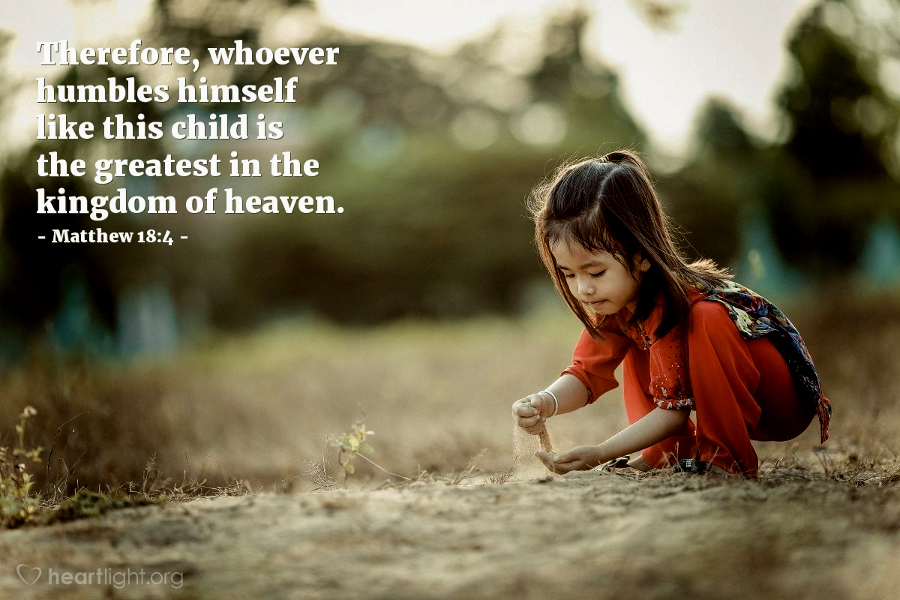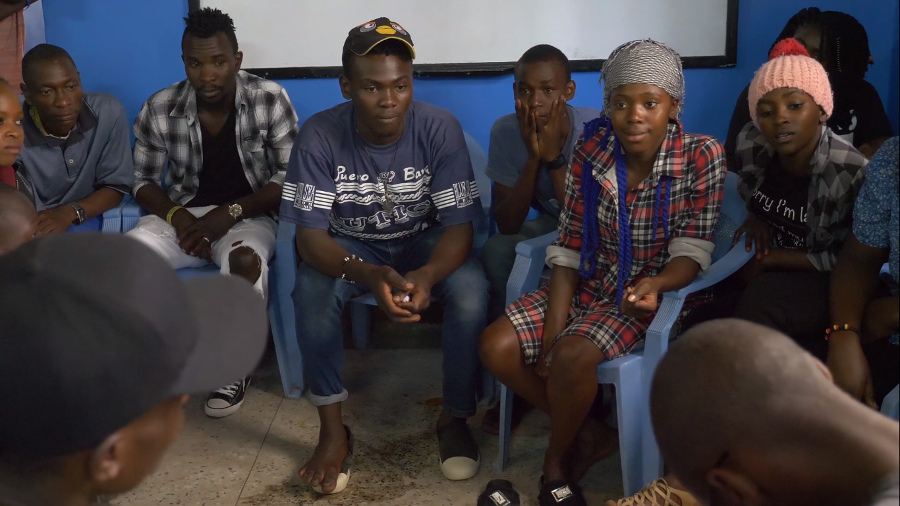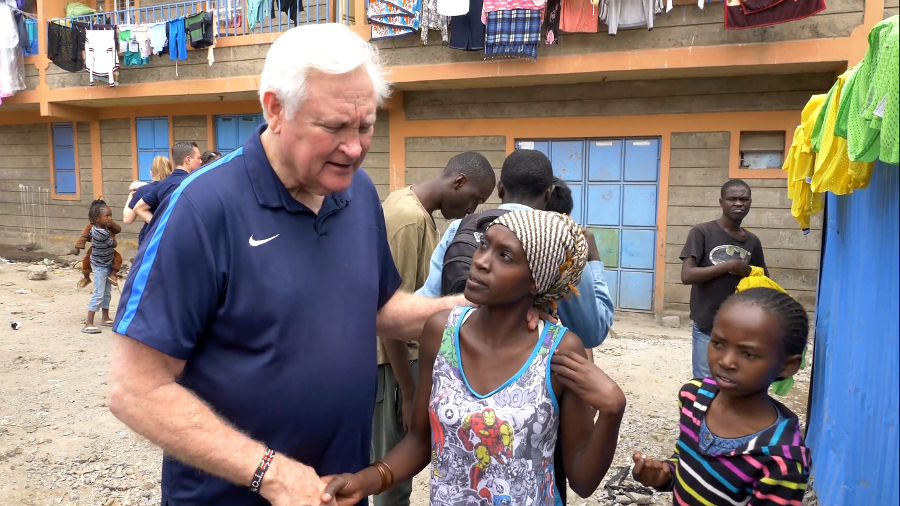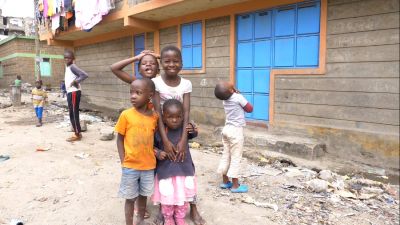Jesus said, "Let the little children come to me, and do not hinder them, for the kingdom of heaven belongs to such as these" (Matthew 19:14).
In Jesus' day, children were powerless. They were sometimes resources utilized to provide for the family. Many of these children were loved by their parents. Far too often, however, many were not. In the days when Jesus came, children were valued if they were wanted. If a child wasn't wanted, they were exposed - abandoned at the city dump - where they were often retrieved by religious priest-pimps who would raise them to become cult prostitutes in the pagan temples. Such a reality sounds horrifying.
Today, we like to think that we value children. The reality is somewhere between the extremes.

In our world, much like in Jesus' world, children are valued if they are wanted, convenient, and are economically expedient. When we dig a little deeper into our modern culture, we discover that children are often impoverished, forgotten, abandoned, abused, trafficked, and exploited. Many are never allowed to be born. Many who are born aren't valued. So as we listen to James Nored in today's video, let's not pretend that we value children more today in our world than they did in Jesus' day. Instead, let's hear the challenging words of Jesus. Let's choose for Jesus to be our example in the way we value children!
So here are a couple of questions we all need to ask ourselves:
Those are great questions that we're asking, too, because this video powerfully challenges us.
We've both recently come back from Africa on separate trips. While our teams loved, served, prayed, counseled, encouraged, listened, and worshiped with African church and para-church ministry leaders, we were both encouraged and humbled. Most of them were bi-vocational or self-supporting - that means they receive no or little financial compensation to minister. Instead, most use their livelihood not only to support their families but also to support their church ministries. They're servants. They're sacrificial. They're stepping into as many gaps as they can. They try to fill what is missing in the lives of the people they serve, especially children.
Some of these leaders came from a ministry you see in the video called "Made in the Streets" in Nairobi, Kenya. They sometimes partner with Coach Mauldin's Change a Life Ministries to bless children raised on the hard streets of poverty, neglect, and abuse. Notice that these ministry leaders don't focus on themselves or on being important or being in the limelight.

You don't have to go to Africa to serve children, bless the impoverished, or care for street children. Jesus asks all of us to become like children and find joy in being with God's people and sharing God's goodness. So, I will ask our two questions one more time:
Our answers say a great deal about how we view our role in the Kingdom of God!

Learn more about Tony Mauldin's work with Change a Life Ministries in Kenya and donate to sponsor a child with a quality education, Bible taught daily, 2 meals a day, school supplies, and lots of love.











Comments
Have thoughts on this article? Leave a comment